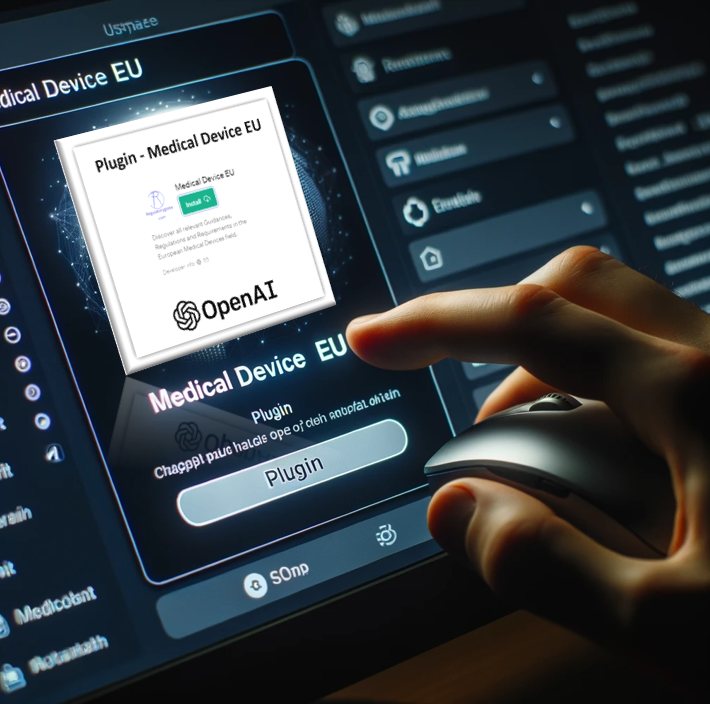17 Oct The Integration of Large Language Models (LLM) – Empowering Regulatory Affairs Professionals
An In-Depth Guide to Understanding the Advantages for Regulatory Affairs Professionals

In the fast-paced world of regulatory affairs within the global medical device industry, staying up to date with complex and ever-changing regulations is a huge challenge. Amidst this complexity, a powerful new technology has emerged – Large Language Models (LLMs). LLMs are advanced artificial intelligence models, capable of processing and understanding human language on a vast scale. These models have the potential to revolutionize the work of Regulatory Affairs professionals by acting as indispensable assistants in navigating the intricate regulatory landscape.
Here are some ways in which LLM technology is set to transform and empower the role of Regulatory Affairs professionals on a global scale:
- Real-Time Regulatory Updates: LLM technology showcases its potential to deliver real-time updates on regulatory changes from across the globe. Timely access to accurate regulatory information is essential for maintaining compliance and mitigating the risks associated with non-compliance.
- Multilingual Proficiency: In the global medical device industry, effective communication and compliance across countries demand multilingual capabilities. LLMs excel in bridging linguistic gaps, facilitating seamless interactions, and aiding in the understanding of regulatory content in diverse linguistic landscapes.
- Efficient Document Retrieval: LLMs can swiftly sift through extensive databases to retrieve relevant regulatory documents. This efficiency accelerates the process of gathering necessary regulatory insights, saving significant time and resources.
- Interactive Engagement: LLM technology promotes interactive engagement with regulatory content. User-friendly chat-based interfaces make regulatory information more accessible and less intimidating, acting as valuable assistants to Regulatory Affairs professionals.
- Enhanced Learning and Development: The educational potential of LLMs is immense. By simplifying complex regulatory language into understandable content, LLMs support the professional growth of Regulatory Affairs personnel, enhancing their understanding and mastery of evolving regulatory frameworks. Furthermore, it can also offer valuable insights to other departments, like engineering, marketing, sales, or procurement enhancing their understanding of the regulatory landscape.
- Feedback-Driven Evolution: LLMs have the capability to learn and evolve based on feedback, ensuring continual improvement of these tools to align with the ever-changing needs of Regulatory Affairs professionals globally.
The incorporation of LLM technology signifies a commitment to fostering a digitally advanced, user-centric ecosystem that simplifies regulatory compliance on a global scale. The integration of LLM technology within regulatory affairs tools is not just an advancement; it’s a paradigm shift toward empowering Regulatory Affairs professionals in their daily work, making it more informed, efficient, and agile, regardless of their location, language, or the regulatory landscape they navigate.
The Medical Device EU Plugin that has been developed for Regulatory Affairs Professionals is a practical illustration of how LLM technology can be harnessed to demystify the intricate regulatory landscape faced by medical device professionals. It not only simplifies the accessibility of regulatory requirements but also sets up how digital tools can significantly enhance efficiency in the field of Regulatory Affairs.

How we can help:
If you’re interested in exploring the capabilities of LLM technology further and discovering how it can enhance your work in Regulatory Affairs or benefit other departments within your company, we invite you to get in touch with Regulatory Globe.




No Comments